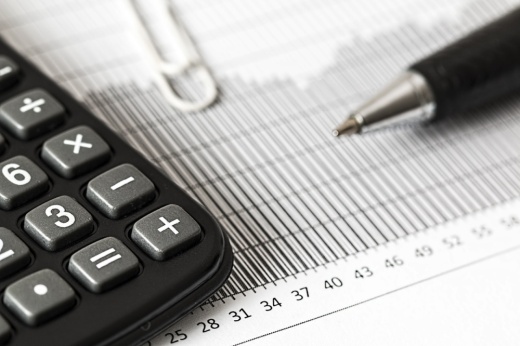The city is beginning to ramp up its budget preparations, and for the next few months officials will set tax rates and determine funding for various projects.
Sales tax will still remain a major source of revenue for the city, but Morgan said the plan is to balance that with revenue from property taxes.
“By the end of that window, we're so much more balanced,” Morgan said. “We're less reliant on Dell, we're much more balanced on sales tax and property tax. That creates all kinds of other opportunities to continue to make this the city of choice without burdening our taxpayers.”
Referencing a projection of the city’s budget over the next five years, Morgan said Round Rock's $134 million budget—which is 43% sales tax and 35% property tax—could become more balanced by 2026. Under this financial plan, the budget is projected to grow by $28 million in 2026 to a total $168 million.
As envisioned by city staff, that budget would be 40% property tax revenue, and sales tax would fall to 41%. The remainder would consist of other types of taxes and franchise fees as well as other revenue sources, she said. Morgan also said the city will decrease its reliance on sales tax from Dell Technologies. Due to the nature of Dell business activity, sales tax revenues are capped at a 20% proportion, which means Dell sales tax revenue can only make up 20% of the planned budget. Morgan suggested this cap could be dropped to 15% by fiscal year 2024.
According to Morgan’s presentation slides, Dell sales tax will generate around $19 million. That will be used to fund one-time projects over a five-year period, effectively keeping the debt portion of the tax rate lower.
As for property tax rates over the next five years, Morgan said they are dependent on the amount of sales tax generated.
Round Rock's property tax rate of $0.439 per $100 valuation will need to increase by $0.02 to maintain debt for the city’s new library and its staffing, Morgan said.
The city has seen increases in sales tax over the previous year, and if these hold strong, Morgan said the gap between growth-related expenses and revenues may be closed without a significant property tax increase.
In accordance with state law, property tax revenues cannot increase by more than 3.5% annually without a ballot initiative going to voters.





